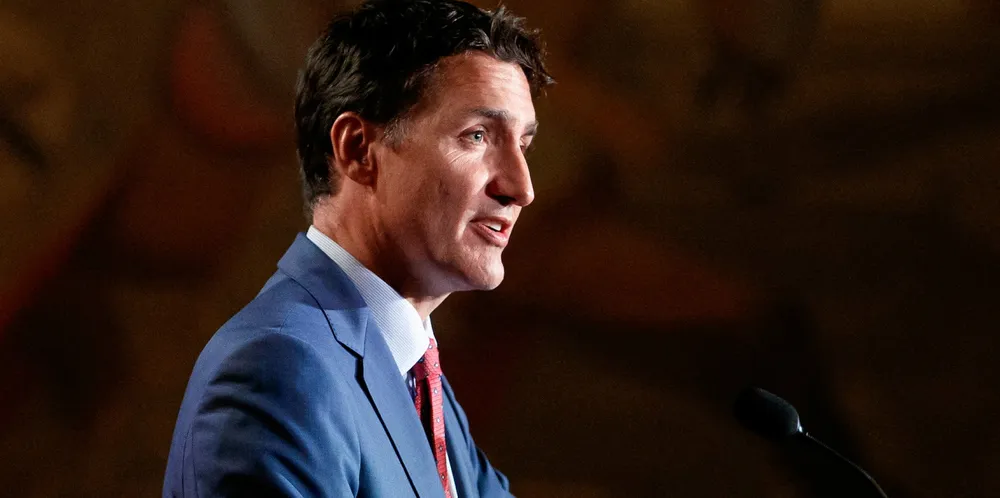‘Time to act’ | Third eastern Canadian green hydrogen project launches with $12bn price tag
US biofuels producer World Energy plans 1.5GW electrolyser capacity and 3GW onshore wind in Newfoundland to make ammonia for European markets

US biofuels producer World Energy plans 1.5GW electrolyser capacity and 3GW onshore wind in Newfoundland to make ammonia for European markets
